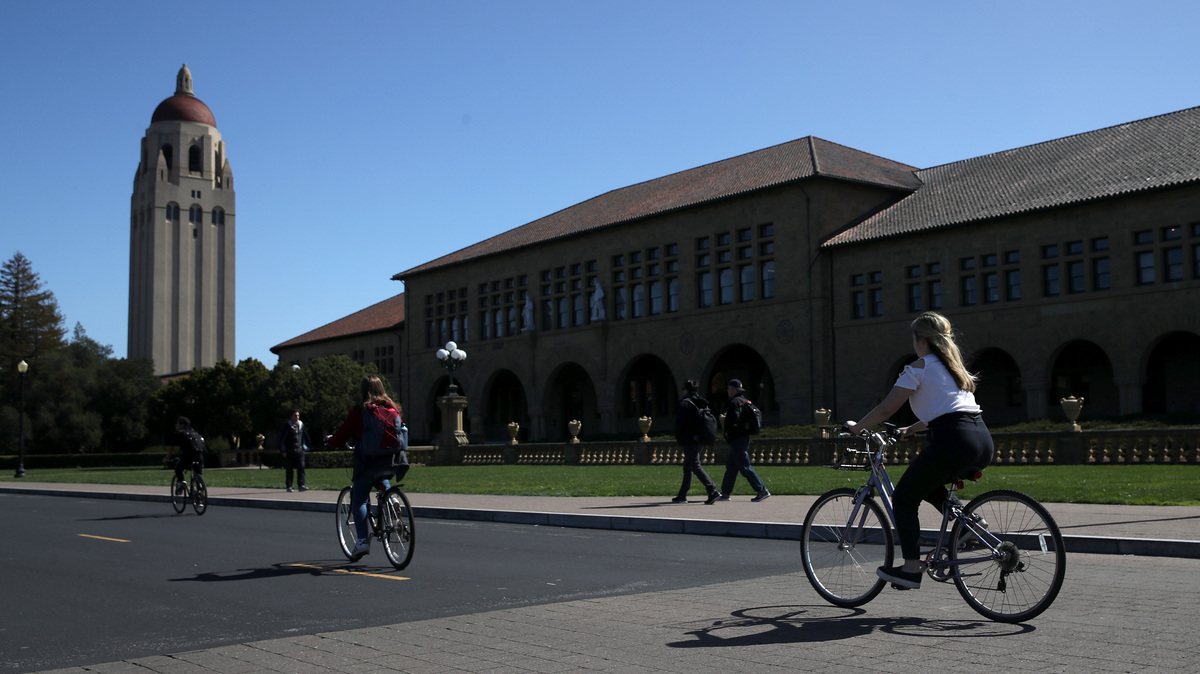
Stanford University is one of many schools to announce tuition hikes for the 2022-2023 academic year. Justin Sullivan/Getty Images hide caption

Stanford University is one of many schools to announce tuition hikes for the 2022-2023 academic year.
Justin Sullivan/Getty ImagesLots of colleges and universities have announced tuition hikes for the upcoming school year, just as inflation is taking a bite out of many families' budgets.
Still, NPR's Elissa Nadworny explains that the real cost of college for most students has actually been falling for the past few years, after decades of growth.
But college is still very expensive, and it can feel out of reach for some students. Two Washington, D.C. high school students explain how they're trying to make the math work.
Email us at
This episode was produced by Connor Donevan. It was edited by William Troop. Our executive producer is Sami Yenigun.

 Live Radio
Live Radio